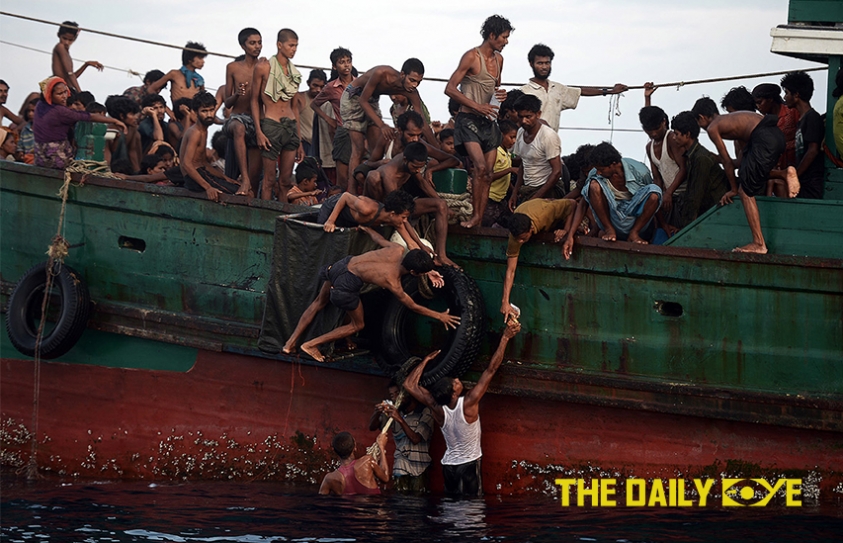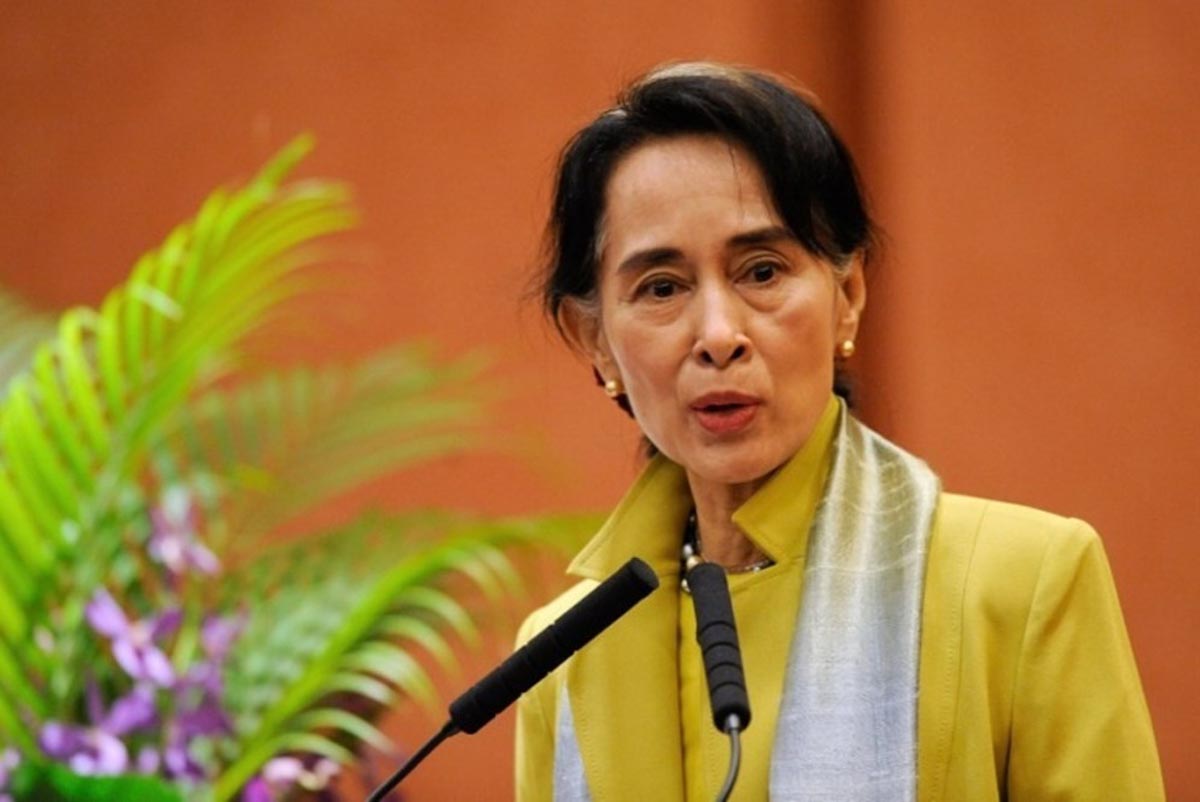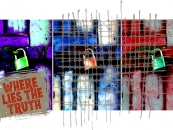
Blood in the Rakhine
by Revati Tongaonkar September 29 2017, 4:39 pm Estimated Reading Time: 3 mins, 22 secsThe United Nations recognizes every individual, by virtue of birth, to have an equal right to dignity, and consider this the foundation of freedom, justice and peace in the world. However, violent abuses of these inalienable rights are visible daily, and the most recent of these abuses to come to light are those against the Rohingyas.

The Rohingya refugees, described by the United Nations as one of the most persecuted minorities in the world, are a tribe of Muslims, mainly from the western state of Rakhine in Myanmar (erstwhile Burma). Also called Arakanese Indians, they are indigenous to the country, and claim to trace their ancestry to Muslims traders who settled in Burma in the 19th and 20th centuries. In a country with a majority of Buddhists, the Rohingya muslims are the largest minority. Communal clashes have always been present in the area, with the existing Buddhists calling the Rohingya 'Bengalis' and refusing to accept their presence. A law passed by the Burmese government in 1982 named them as illegal immigrants and rendered them stateless- they are now considered illegitimate in the country that they were born in.

The current crisis began when, five years ago, communal clashes between Rohingyas and Buddhists in Rakhine left several dead. In retaliation, the Tatmadaw, the feared Burmese military, which was in rule back then, launched an assault on the offenders, mostly Rohingyas, torching villages and destroying mosques. The assaults rose in violence and frequency, and several Rohingya refugees left the nation, fleeing to safety. Some who stayed, launched their own attack on the army, getting labeled as a rebel group, and beginning a civil war of sorts.
The truth of what exactly happened in Rakhine cannot be verified- independent investigation agencies and Human Rights groups have not been granted access to the area by the government. Rights groups and amateur videographers have claimed the occurrence of excessive violence, mentioning torched villages and the systemic rape and massacre of women and children in Rohingya villages. Witnesses who were questioned by the UN and Human Rights groups say that the terror of the army encompassed mass executions, demolishing entire villages, among other atrocities. Yanghee Lee, the special reporter on human rights for the UN says that it is 'very likely' that the army committed crimes against humanity. The government, headed by Aung San Suu Kyi, meanwhile, vehemently denies this, and has instead accused the media of 'focusing only on the negative'.
This comes as a sad surprise; Suu Kyi is a Nobel Peace Prize Laureate, known for her fervent struggle against the military-imposed dictatorship in the country, and is widely seen as the face of the human-rights struggle. Her release from house arrest and subsequent easing of the country's governing systems in 2016 was seen as a ray of hope for better times to come, for both the Buddhists as well as the Muslims. Suu Kyi, however, has avoided the topic in public as far as possible.
The one fact that a hundred official denials cannot change is that since the past few years, the Rohingya people have been steadily moving out of their homes, and fleeing to other nations, but treated as unwanted guests wherever they go. Estimated numbers say that approximately 400,000 Rohingyas are settled illegally in neighboring Bangladesh, while several hundred thousand others have fled to India, Malaysia, Indonesia, even far-off Saudi Arabia, the governments of some of which have begun to criticize the Burmese government, and, in some cases, even asked the refugees to be deported.
But while governments and international bodies hold press conferences and point fingers at each other, millions are on the run, leaving the only home they have known, only to end up stranded in the waters, caught between two lands, but welcome in neither.
Sources:
http://www.nationalgeographic.com/photography/proof/2017/08/rohingya-refugees-myanmar-bangladesh/
http://www.bbc.com/news/world-asia-38168917
http://www.aljazeera.com/indepth/features/2017/08/rohingya-muslims-170831065142812.html
http://www.un.org/apps/news/story.asp?NewsID=56103#.WcvYPbIjHIU
http://www.un.org/apps/news/story.asp?NewsID=57747#.WcvYebIjHIU
Photographs Courtesy: Tomas Munita, Christophe Archambault




-173X130.jpg)
-173X130.jpg)
-173X130.jpg)
-173X130.jpg)

_(7)-173X130.jpg)
-173X130.jpg)
-173X130.jpg)